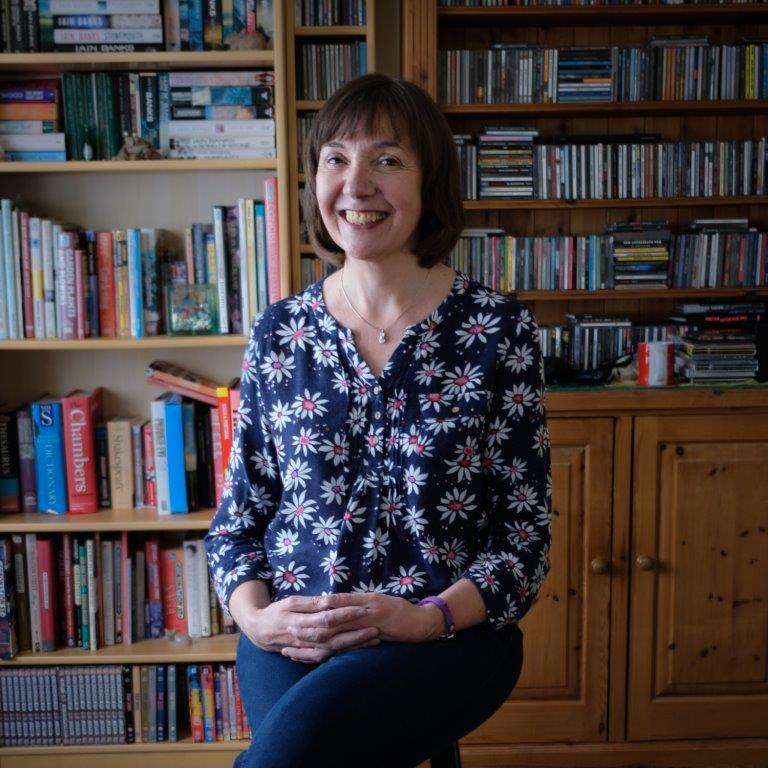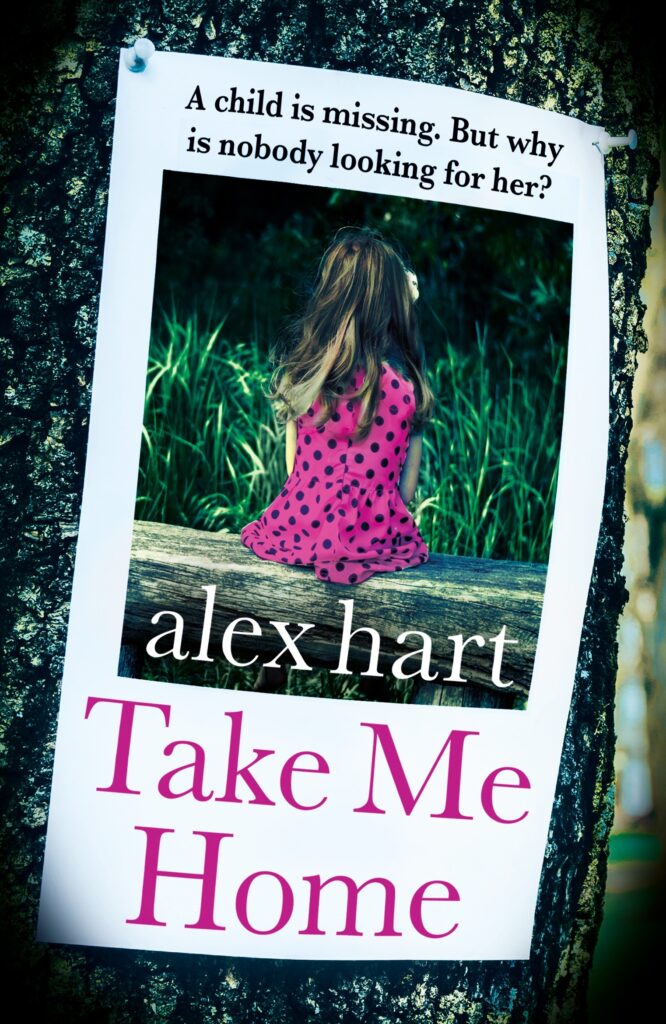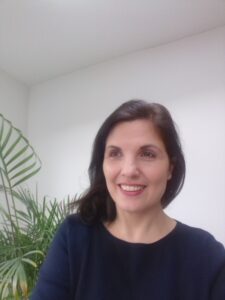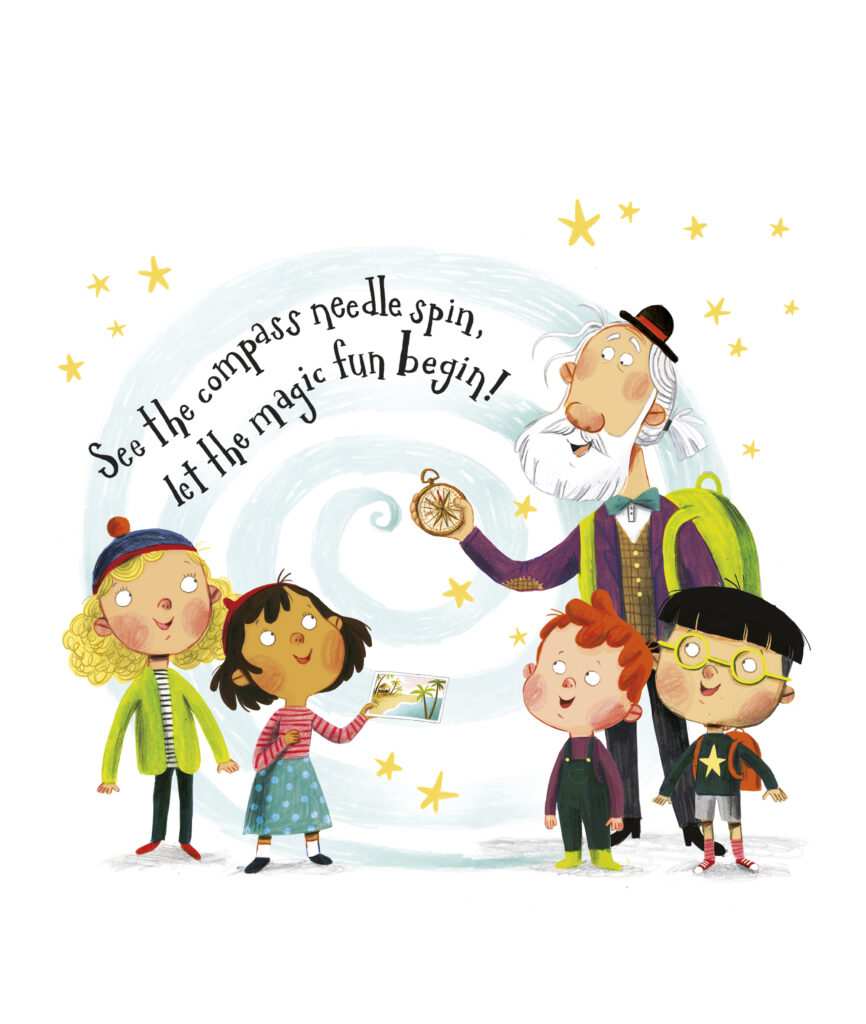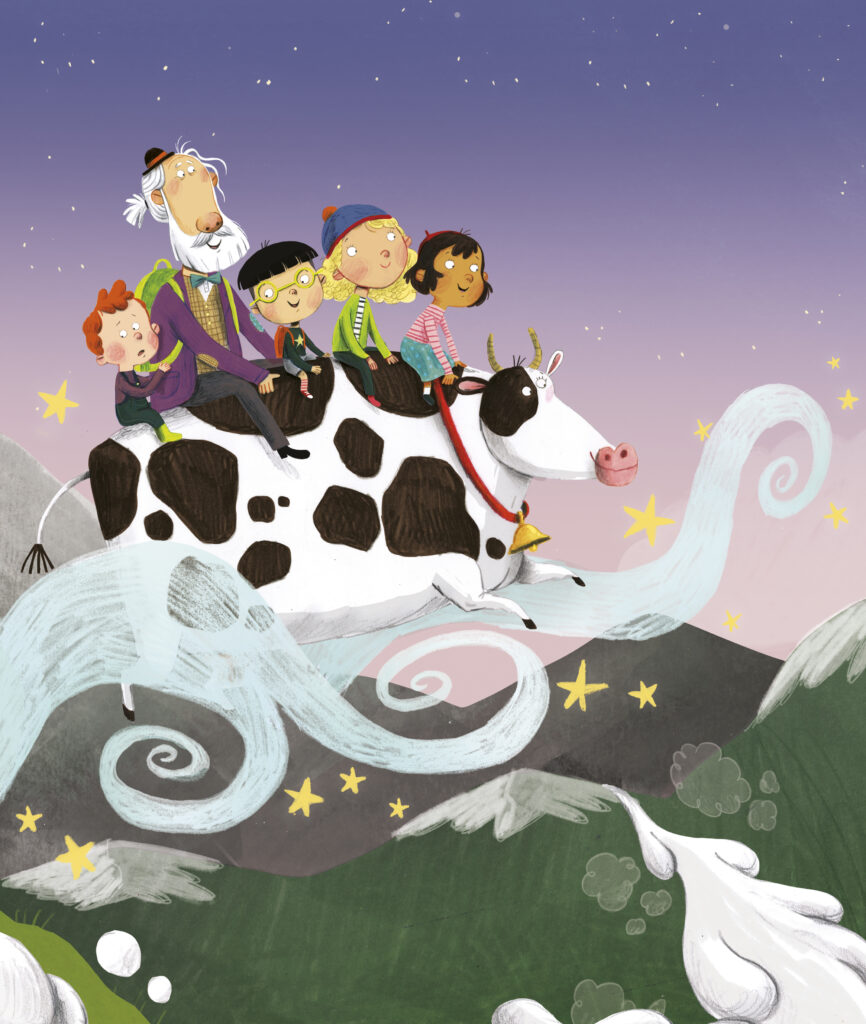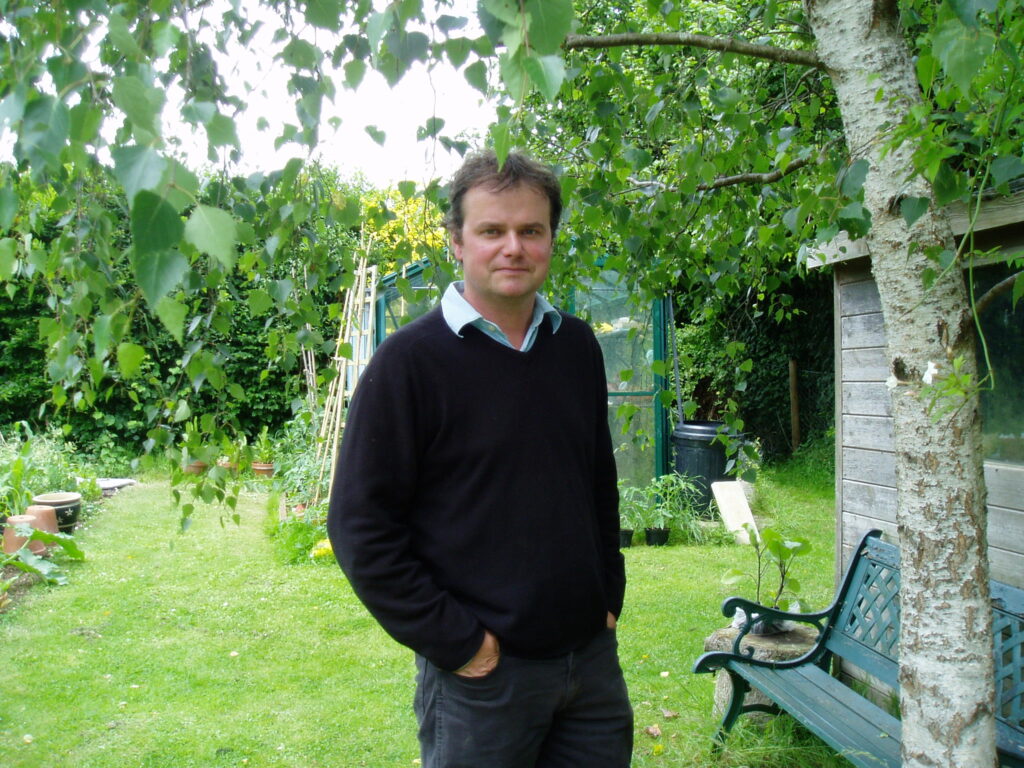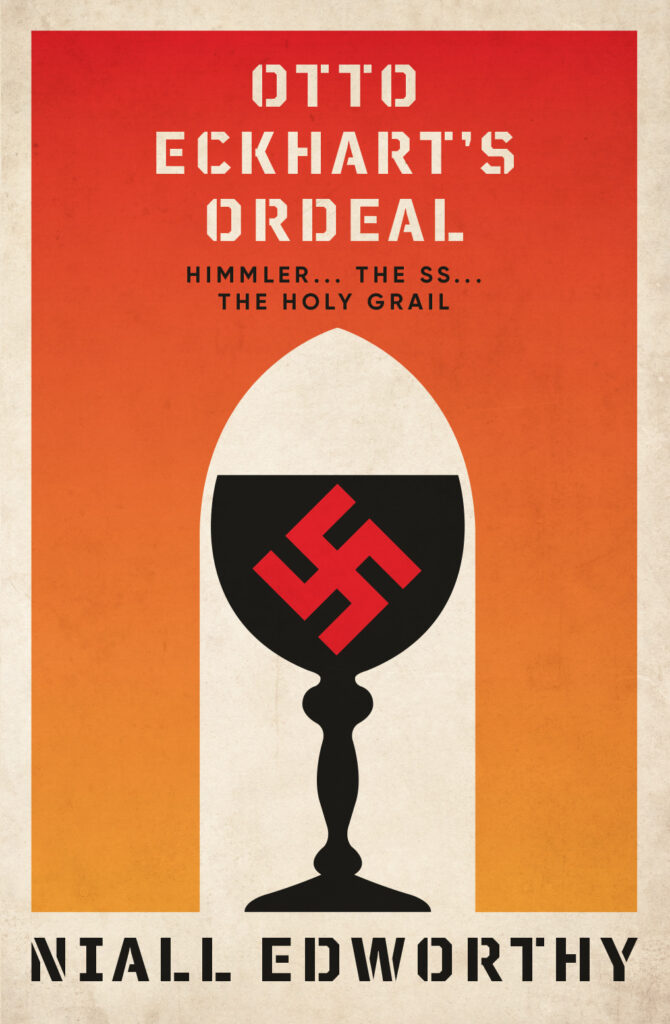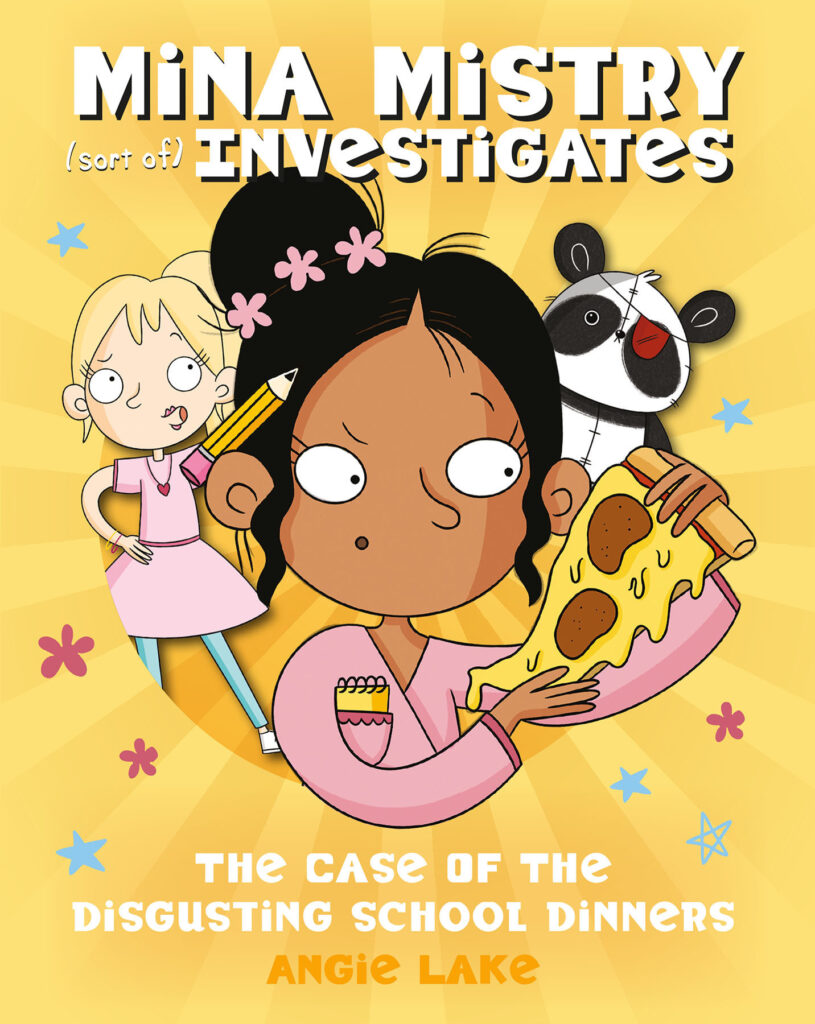 What you have written, past and present.
What you have written, past and present.
I wrote my first book—or what felt like a book at a time—when I was ten or eleven. It was, effectively, fanfiction of my favourite book at the time. It certainly wasn’t a full length book, but once I started, I never looked back. I’ve written books and short stories ever since!
My first published novel was a contemporary YA called This Is Where It Ends, a story about a school shooting. It takes place over the course of fifty-four minutes and follows four teens who all have a reason to fear the boy with the gun. I followed it up with Before I Let Go, a YA murder mystery set in a creepy Alaskan town full of secrets, where one girl is trying to uncover the truth behind her best friend’s death. And now Even If We Break, a geeky YA thriller, but more on that later!
I also write comics and graphic novels, most recently The Oracle Code (with art by Manuel Preitano), a DC graphic novel about a young Barbara Gordon who has to solve the mysteries of a spooky Arkham mansion, all while adjusting to life in a wheelchair. And currently ongoing, Goosebumps: Secrets of the Swamp (with art by Yasmin Flores Montanez), about three girls, one swamp, and a whole lot of werewolves.
And just to complete the line-up, I also write short stories for MG and YA anthologies, and had the distinct pleasure of editing the anthology Unbroken: 13 Stories Starring Disabled Teens.
• What you are promoting now?
My most recent YA, Even If We Break is a cabin-in-the-woods thriller about five friends who plan to spend the weekend together to play the RPG that brought them together one last time. But their friendship has grown strained, there are secrets between them, and this is where the game turns deadly. Even If We Break is geeky, terrifying, and at its core a story about friendships and growing up.
• A bit about your process of writing.
I’m a fulltime writer, and I generally write every weekday. Regular office hours, with the evenings for administration, email, interview questions… and occasionally some gaming! I try to be sensible about keeping my weekends a little freer, because work-life balance is important too.
• Do you plan or just write?
Oh no, I plan, in detail! I’ve plotted books with spreadsheets and flashcards and entire character profiles. These days, I usually create a story bible in advance and a full outline with scene and character beats. It’s quite a bit of work beforehand, but I love it. If gives me a feel for the shape of the story and what needs to happen when. Even if some details end up changing between the outline and the story—or the balance between chapters changes just so.
• What about word count?
A rough idea of word count is absolutely part of the planning, but that also very much depends on what the story needs!
• How do you do your structure?
Chapter-by-chapter, question-by-question.
• What do you find hard about writing?
Writing is incredibly personal, and that’s terrifying sometimes. Whether it’s exploring parts of myself in characters or staying vulnerable to approach the emotional truth of a story, writing can be highly intimidating.
It isn’t easy, but then again, it doesn’t have to be.
• What do you love about writing?
I love stories. I love exploring new worlds. I love taking story threads and weaving them into narrative. Above all else, I love how stories shape us and how we can shape stories. I absolutely believe storytelling is what makes us human.
Even If We Break by Marieke Nijkamp is out now in hardback by Source Books.




